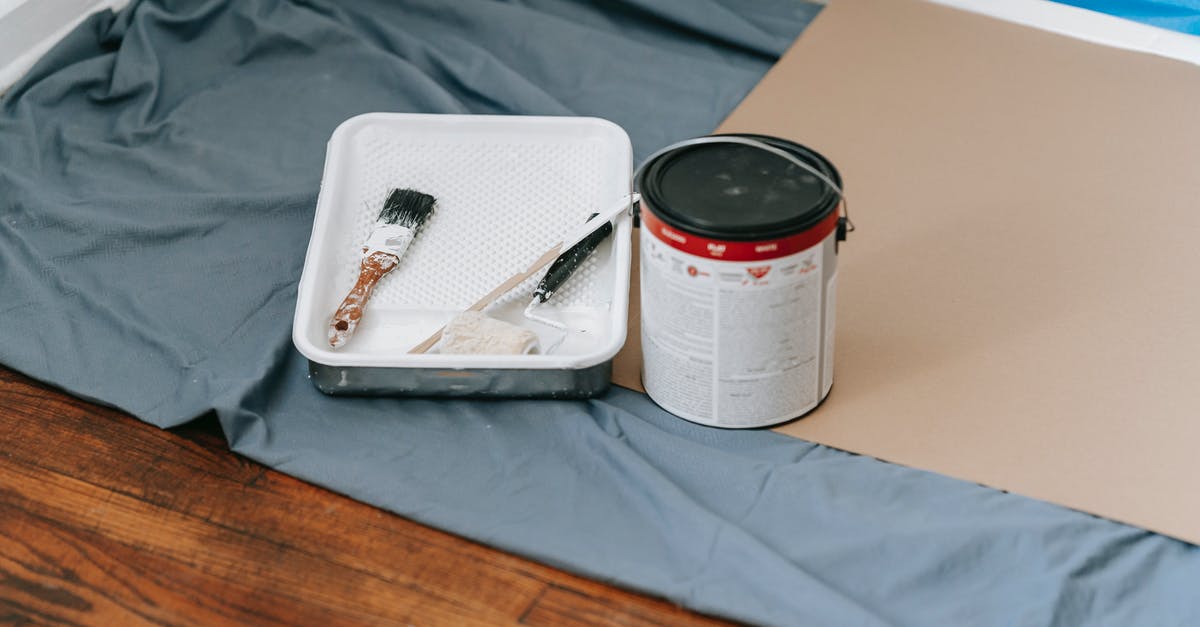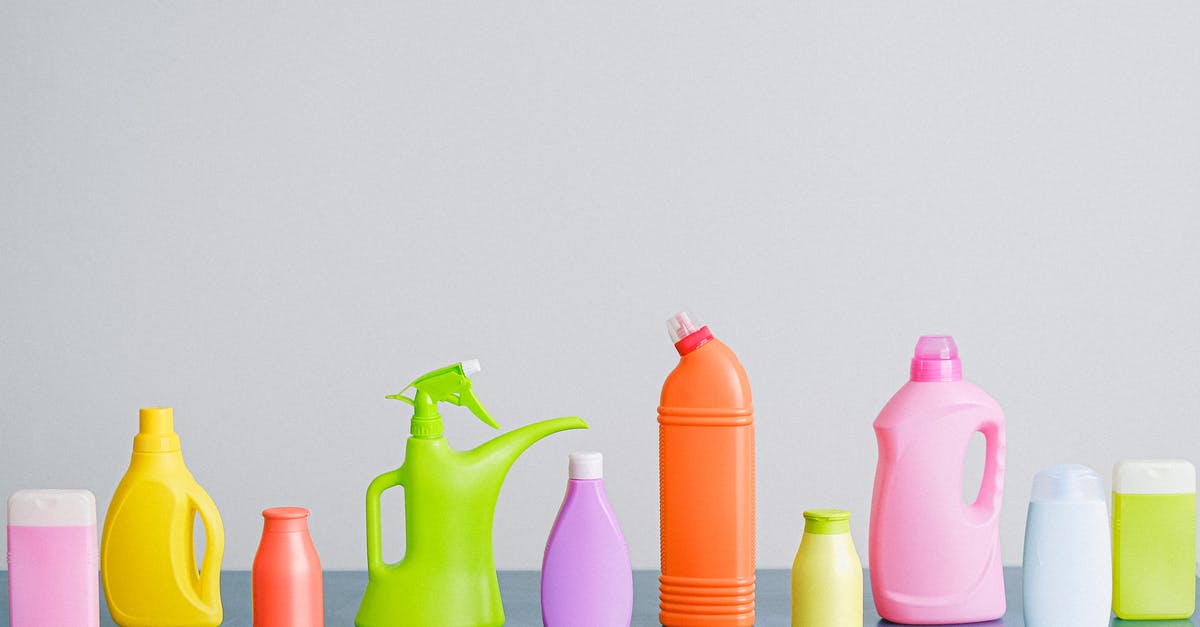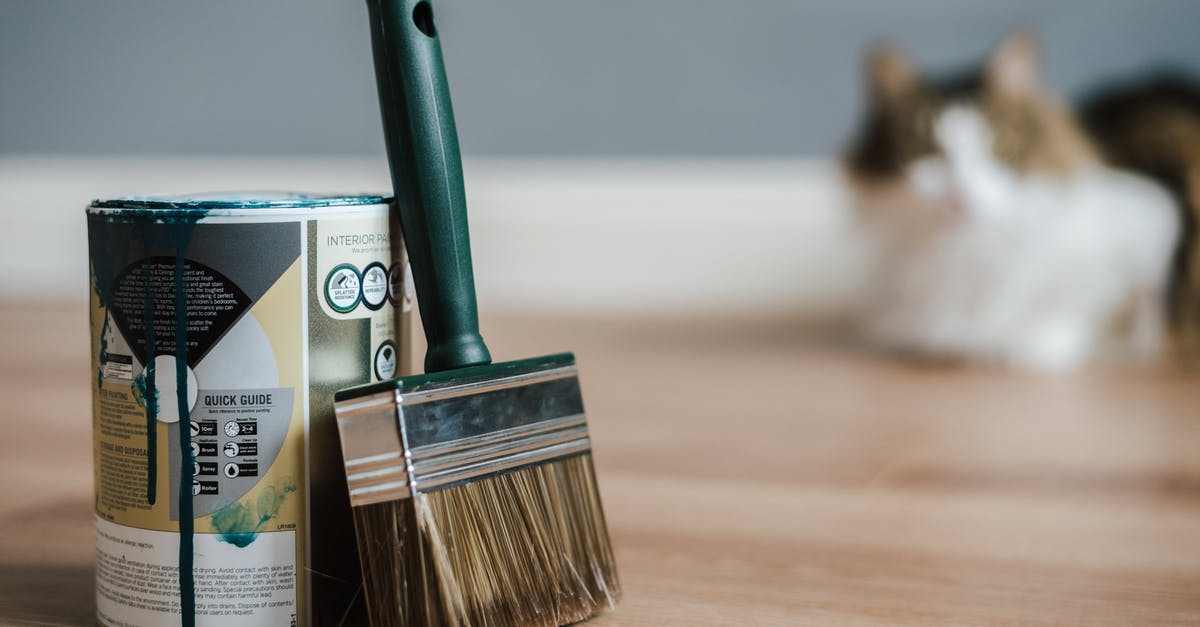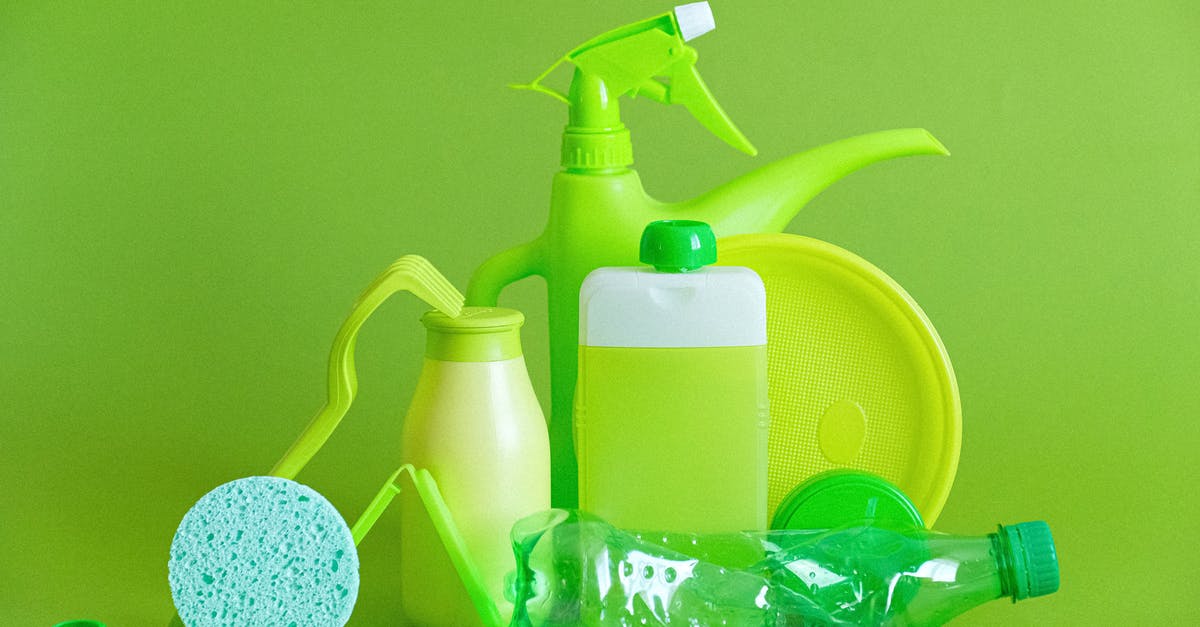potential cereulide on plastic container, can it be washed off?

I recently saw a video of a person who died from eating 5 day old unrefrigerated pasta. The cause was cereulide toxin from Bacillus cereus bacteria in the food. I recently left pasta unrefrigerated in a plastic container for 3 days accidentally, and it smelled kind of like vinegar when I opened it to put in the dishwasher. I assumed that washing the plastic container in the dishwasher on a sanitize cycle would be fine to remove any potential cereulide toxins, but then started researching cereulide (because I'm paranoid) and came across some scientific data mentioning that
"Cereulide is moreover hydrophobic, so it can attach to contact materials. This means that cereulide cannot be easily eliminated in industrial installations. Cereulide can thus not be eliminated with usual cleaning protocols and when the heat sterilization of 15 minutes at 121◦C is not strict enough (Rajkovic et al., 2008)."
So, is my plastic container permanently toxic now or am I just being paranoid? Can you get food poisoning from even a washed plastic container because of this toxin?
Best Answer
Chubbyemu keeps me up at a night too.
But remember, when you're looking up case studies and very rare stories and situations, they will always be as crazy as possible. If people do get sick from clean containers, they would have used that as the basis for the story, not eating 5 day old pasta. Remember, the point of both internet clickbait stories and chubbyemu stories is to take rare situations from billions of people, and use it to contrast how serious death is vs how "benign" his mistake was, which would be more pronounced if they could find this theoretical clean plastic container illness story. But if 5 day old pasta and chugging ridiculous amounts of soy sauce is the best he could do, then you're fine as you don't do anything equally as ridiculous, and even if you do a rediculous thing, you're still probably fine. As he mentioned at the end of the video, eating 5 day old pasta will not usually end like this in the vast vast majority of cases, and he only mentioned a handful of case studies afterwards. And even after noting the sickness, it was highly propagated by other ridiculous things like the stomach pills (It should be common knowledge that for any type of poisoning, your goal is vomiting as much as possible. It's on the back of every bleach or ammonia container). I mean, don't ever eat 5 day old pasta, but the container will certainly be fine.
To answer the question:
If the pasta was a dry pasta you can end right there because the toxin will only be inside the pasta anyway, not in any sauce that would spread over the container.
If it's a wet pasta, look here: https://www.google.com/url?sa=t&source=web&rct=j&url=https://www.ncbi.nlm.nih.gov/m/pubmed/12197882&ved=2ahUKEwjvu-21xJriAhXCmuAKHWuaCdUQFjABegQIBxAK&usg=AOvVaw36q0A0hxu_OK8sVUn_vFtl
So, it's lipophilic, ie, oil soluble. Soap will do just fine. Or if you're very scared just fill the container with oil and mix to dilute it, and then drain it out and wash with soap.
Similarly: https://www.ncbi.nlm.nih.gov/pmc/articles/PMC127581/
The above discussing that B. Cereus is consumed in high quantities regularly without illness. Strains that are dangerous are exceedingly rare, we only know about them because of the incredible information exchange of the modern world in combination with the absurdly high 7 billion population.
Googling: "The CDC estimates that there are over 63,000 cases of Bacillus cereus illness each year in this country, and that 100% of the cases are caused by eating contaminated food."
Note the important deduction, 0% caused by eating washed containers.
At 6 million car accidents per year in the US, commiting to a strict no-car lifestyle will be hundreds of times more important to your safety than worrying about plastic containers.
Also, there are on average 0 deaths per year. See https://www.google.com/url?sa=t&source=web&rct=j&url=https://www.cdfa.ca.gov/ahfss/Animal_Health/PHR250/2007/25007BcerMH__2_.pdf&ved=2ahUKEwiAz-DuwZriAhUQVN8KHesJAcgQFjAGegQICBAB&usg=AOvVaw0FiJ9aLhm4a1t4H2isHES3
So, even if you get ill, you'll be fine within 3 days. 1 in 60000 odds at worst, not including the many unreported contracts of the illness that were too mild to be seen. Since googling describes getting sick as "mild and transient", it's probably only serious enough to be reported 1 in 10 times, so after you hit the very rare situation of getting ill, you're STILL 1 in 1 million to die from it (1 in 1 million is a bit handwavy as seen, but 1 in 100,000 is very certain as odds of death after getting sick).
At the miniscule but still but still much worse than B Cereus, total of 50 lightening strike fatalities per year in the US, you have more pressing fears, as being outside is millions of times more potent of a killer than the idea of eating out of washed containers, for which I cannot find any case studies for. Despite how case studies in the US can utilize situations that occur in 1 in 300 million people, where your average astrophysist can go on for days about how big that number is, they still involve gross negligence such as eating an entire bowl of pasta sitting at room temperature for 3 days that then smelt poorly.
Pictures about "potential cereulide on plastic container, can it be washed off?"



How Many Bottles Can We Save From Going Into The Ocean? | Prevented Ocean Plastic™
Sources: Stack Exchange - This article follows the attribution requirements of Stack Exchange and is licensed under CC BY-SA 3.0.
Images: Blue Bird, Anna Shvets, Anete Lusina, Anna Shvets
